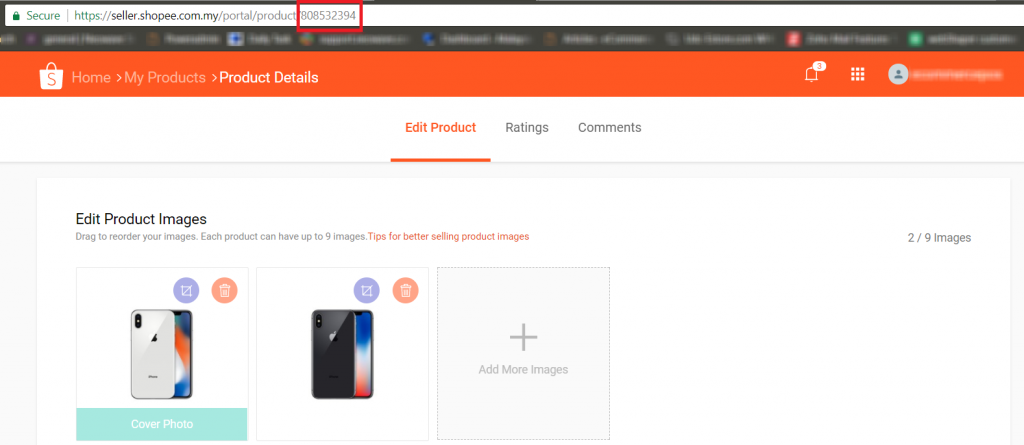
- CHANGE SHIPPING SETTINGS IN MULTICHANNEL ORDER MANAGER UPDATE
- CHANGE SHIPPING SETTINGS IN MULTICHANNEL ORDER MANAGER MANUAL
This software becomes a part of the firm’s retail tech stack and works alongside other solutions like their e-commerce platform, accounting systems, and more.

When looking for a more effective OMS, many firms turn to standalone order management software.

CHANGE SHIPPING SETTINGS IN MULTICHANNEL ORDER MANAGER UPDATE
There’s often also a facility to track order statuses, and even update inventory. Such platforms do record order details, which are accessible by your sales or customer service team. Smaller, younger brands also utilize their e-commerce platform as an order management system.ĭoing so can be effective in limited circumstances. It’s the solution by which you’re able to accept orders from customers who visit your website. If you sell online, you’ll use an e-commerce platform. That’s not a good recipe for efficiency or productivity. If they leave the business, though, a new starter may struggle to make head or tail of it. Its creator may find it straightforward to keep it up to date. You need some help from technology.Ī complicated master spreadsheet is also far from intuitive. When you add extra sales channels, too, aligning everything by hand is tough.
CHANGE SHIPPING SETTINGS IN MULTICHANNEL ORDER MANAGER MANUAL
Once order volumes increase, manual order management becomes increasingly less viable. There are two principal arguments against a manual system.

Record an order incorrectly, and issues may swiftly snowball. What’s more, there’s a high potential for human error. That’s time you could be spending on other things. It will take a significant number of staff-hours just to keep a system updated. Such manual order management, though, is labor-intensive. That way, you might be able to keep pertinent order details together and up to date. Doing so will often involve building a comprehensive sheet in Excel or a similar program. You can, however, record all order details yourself in a ledger or via spreadsheets. Tracking and managing orders manually is inadvisable for all but the smallest companies.


 0 kommentar(er)
0 kommentar(er)
